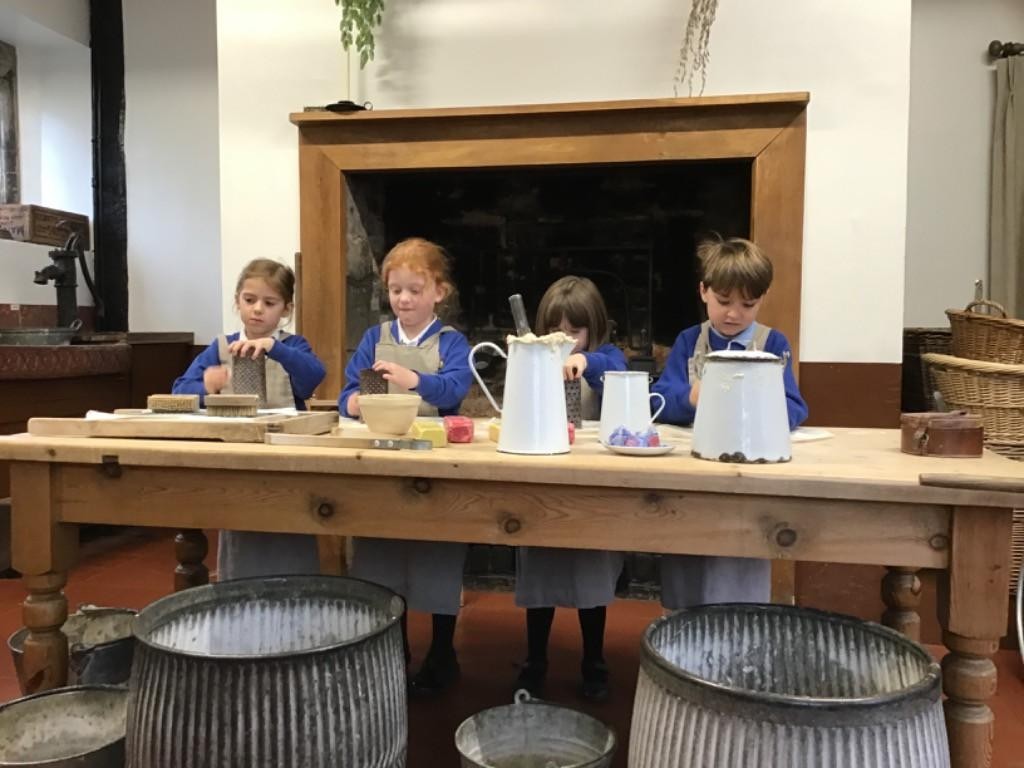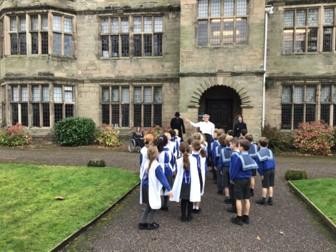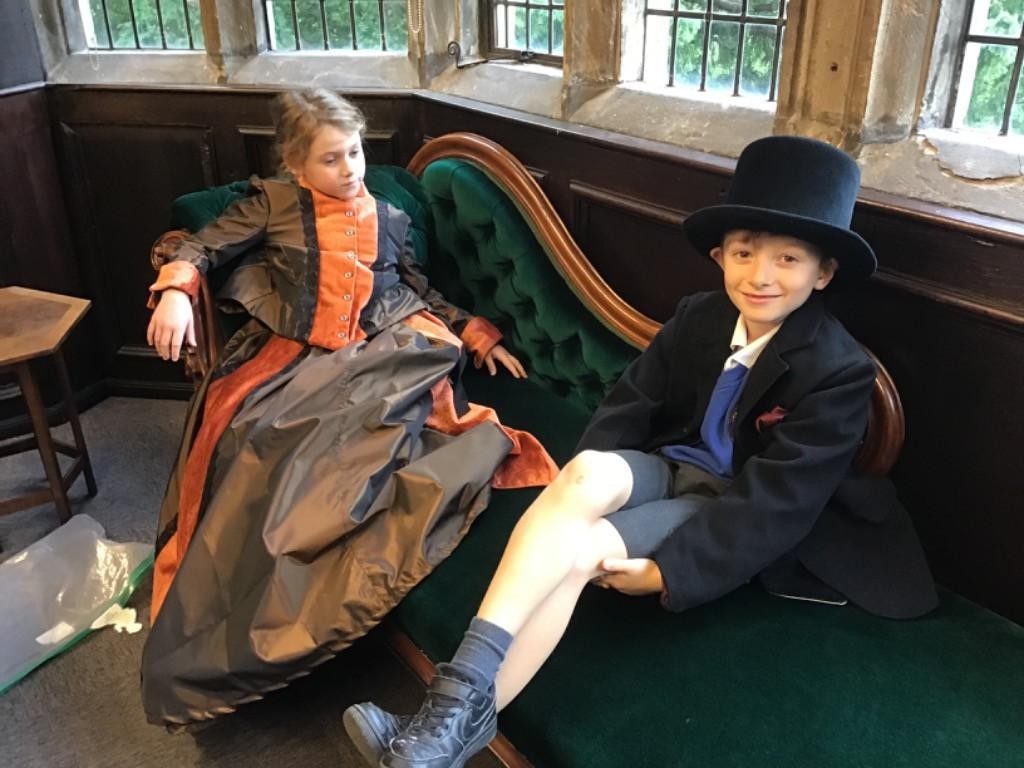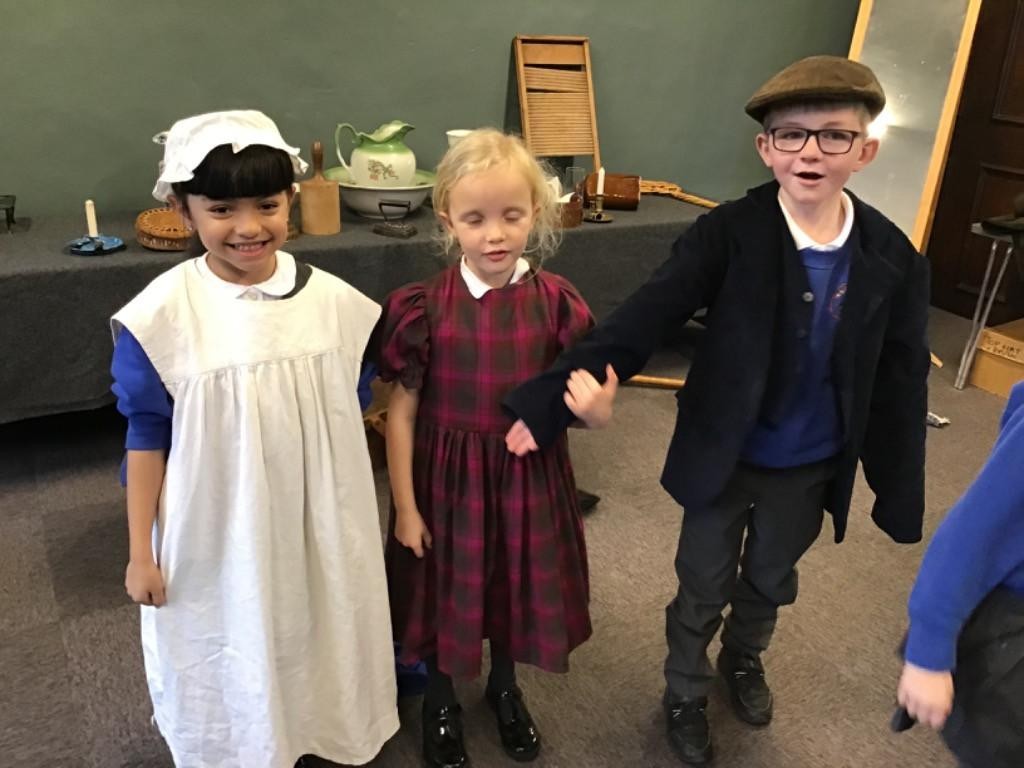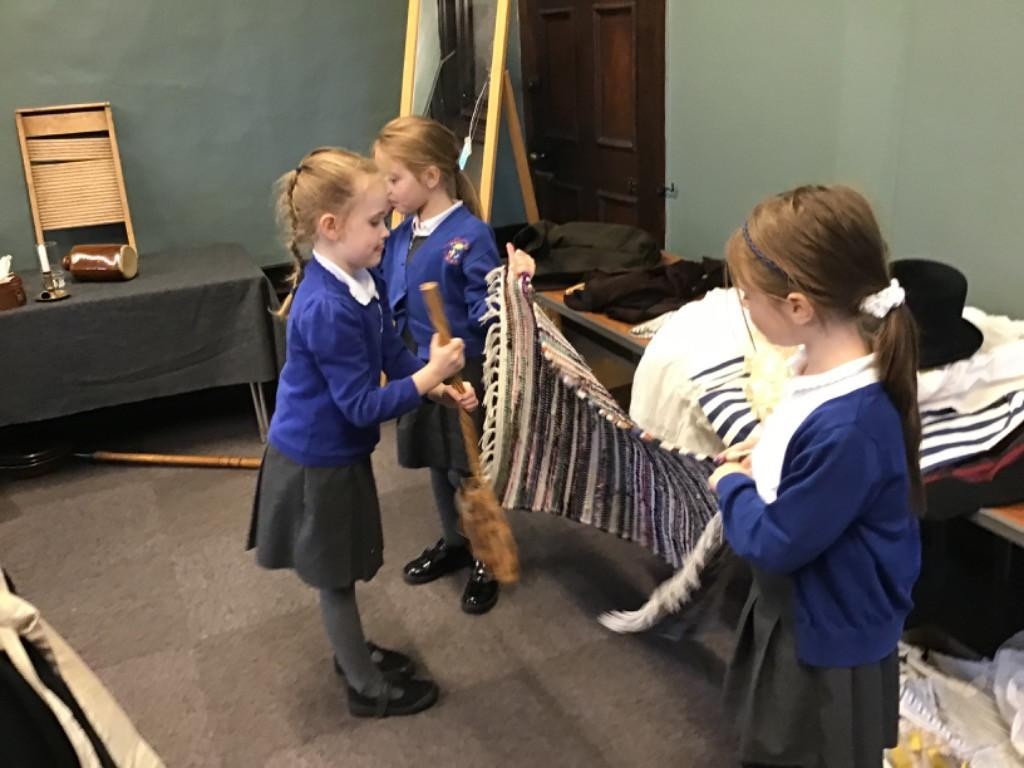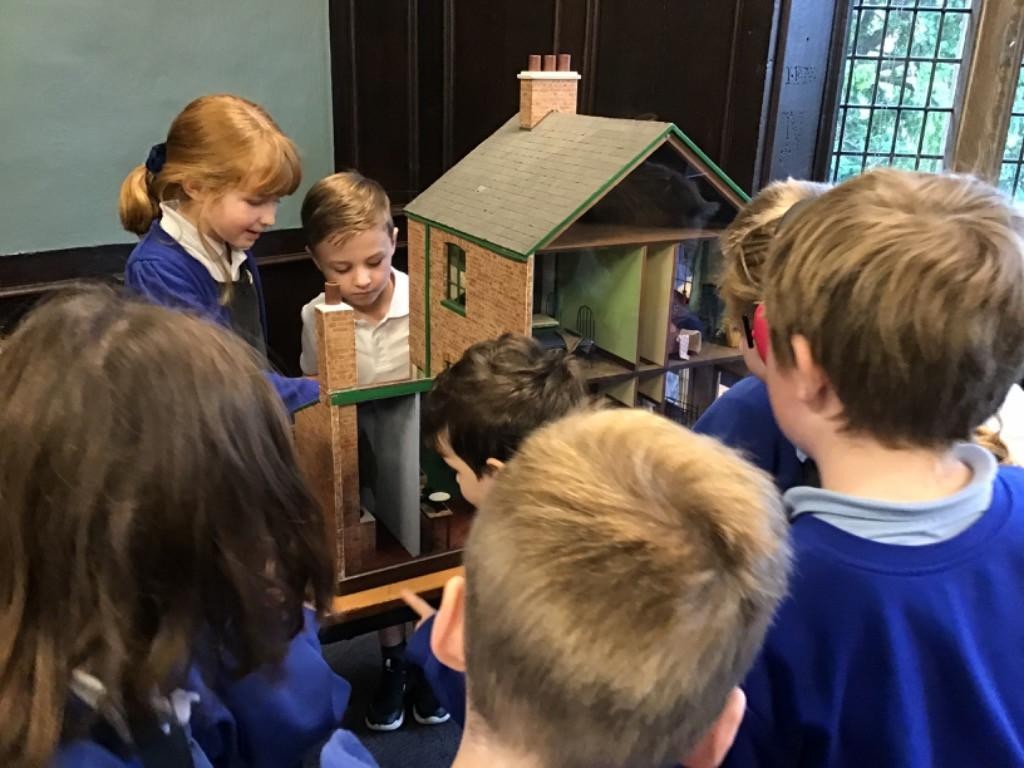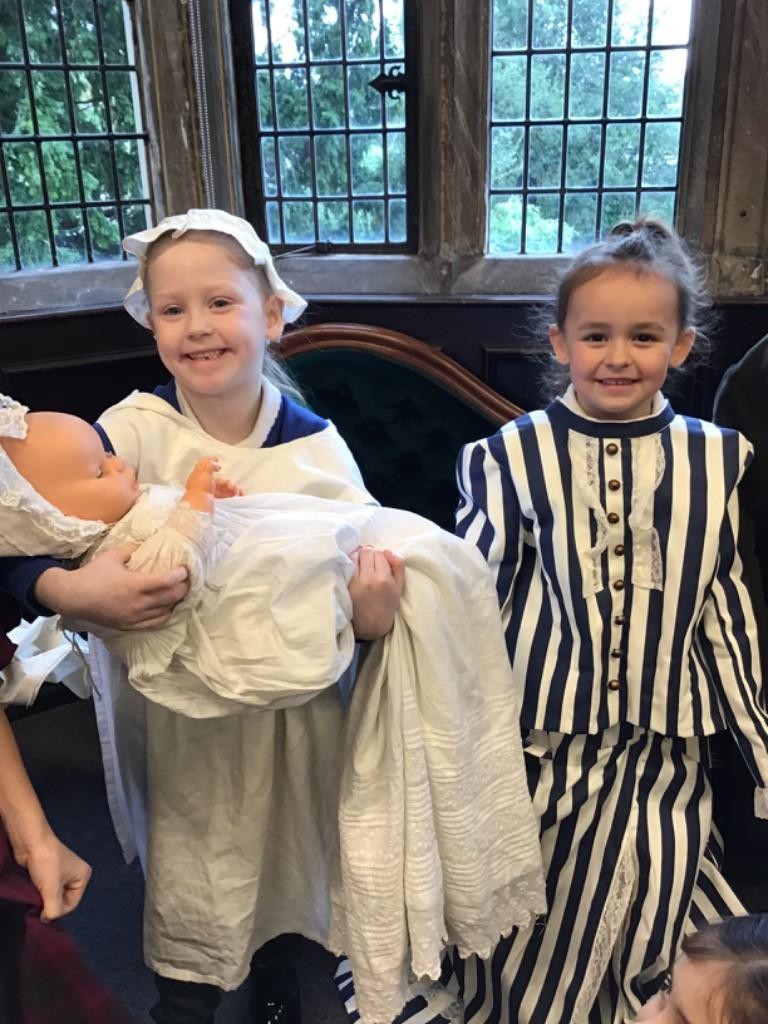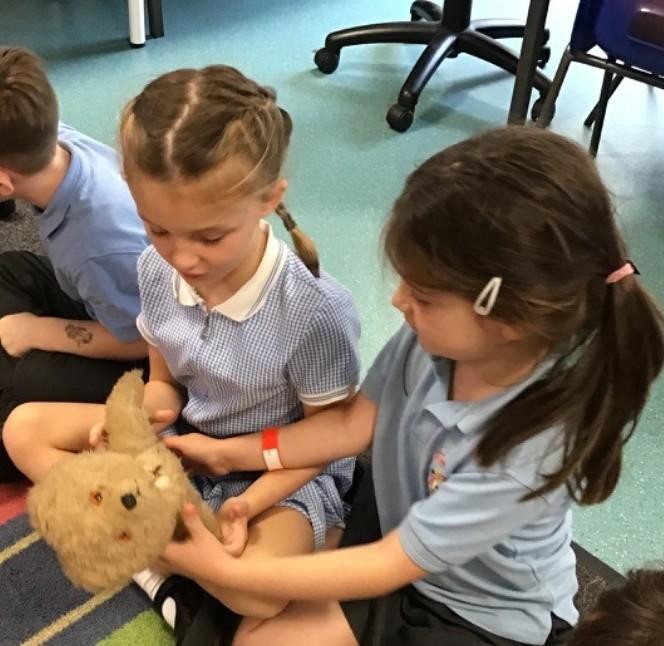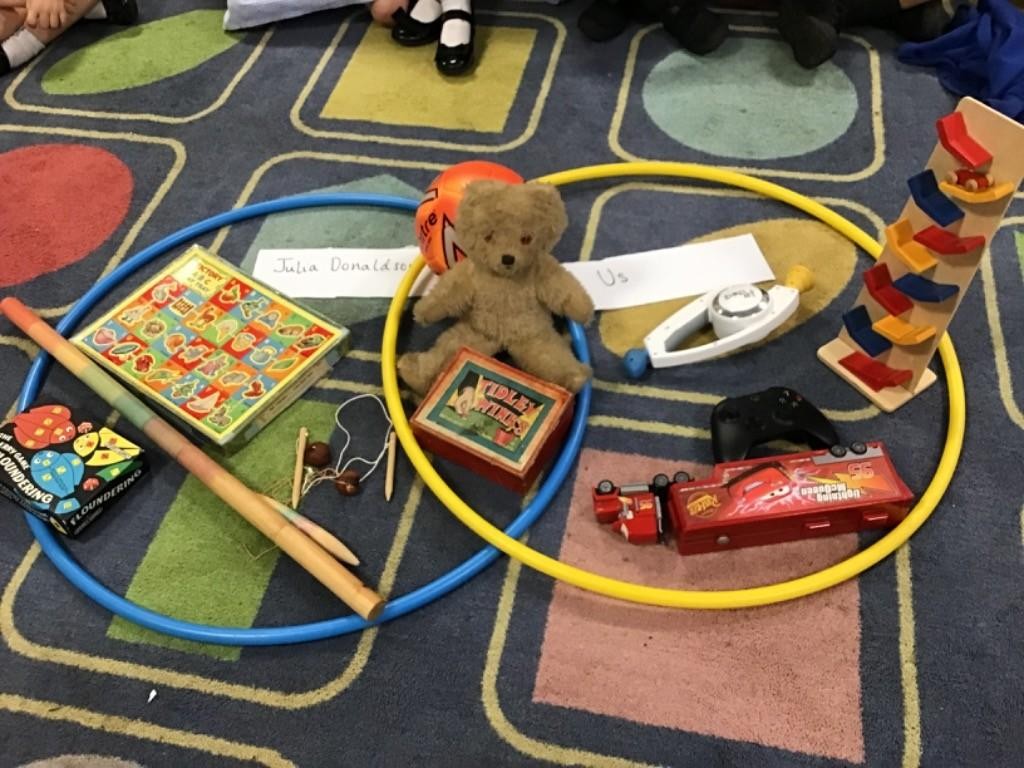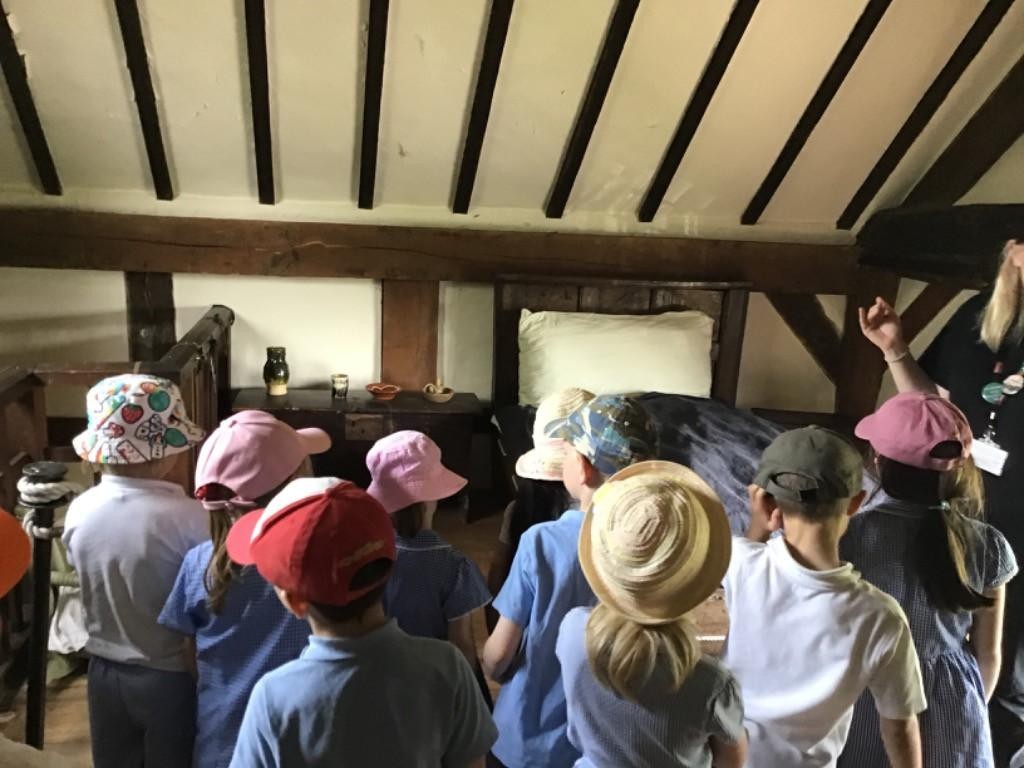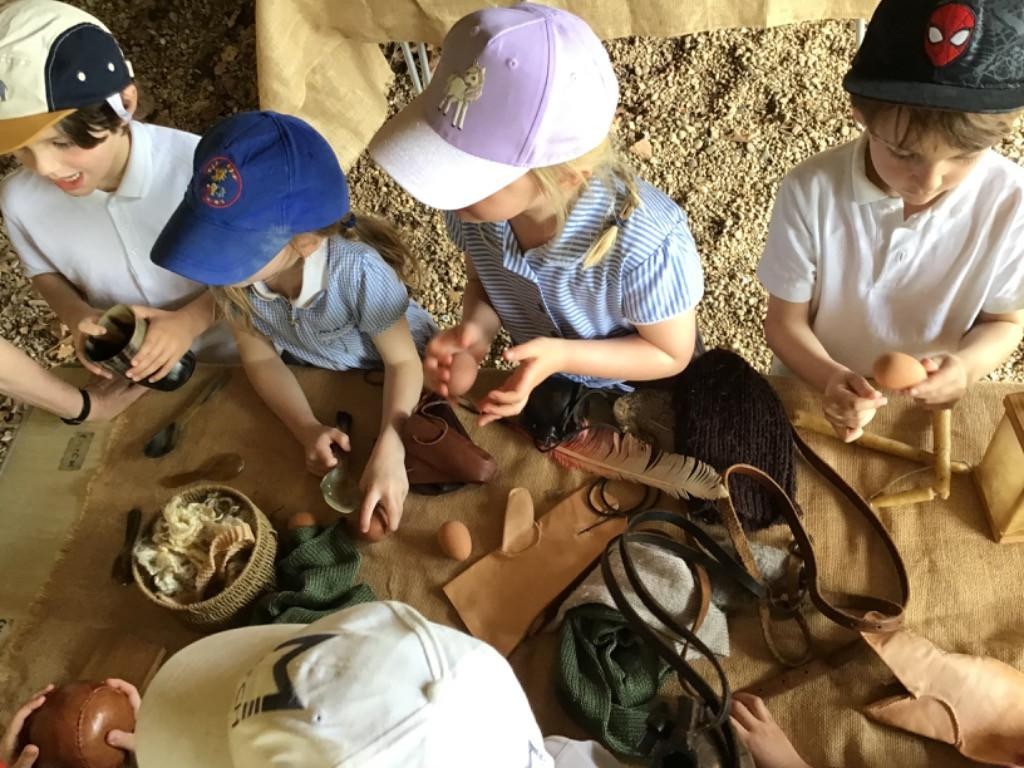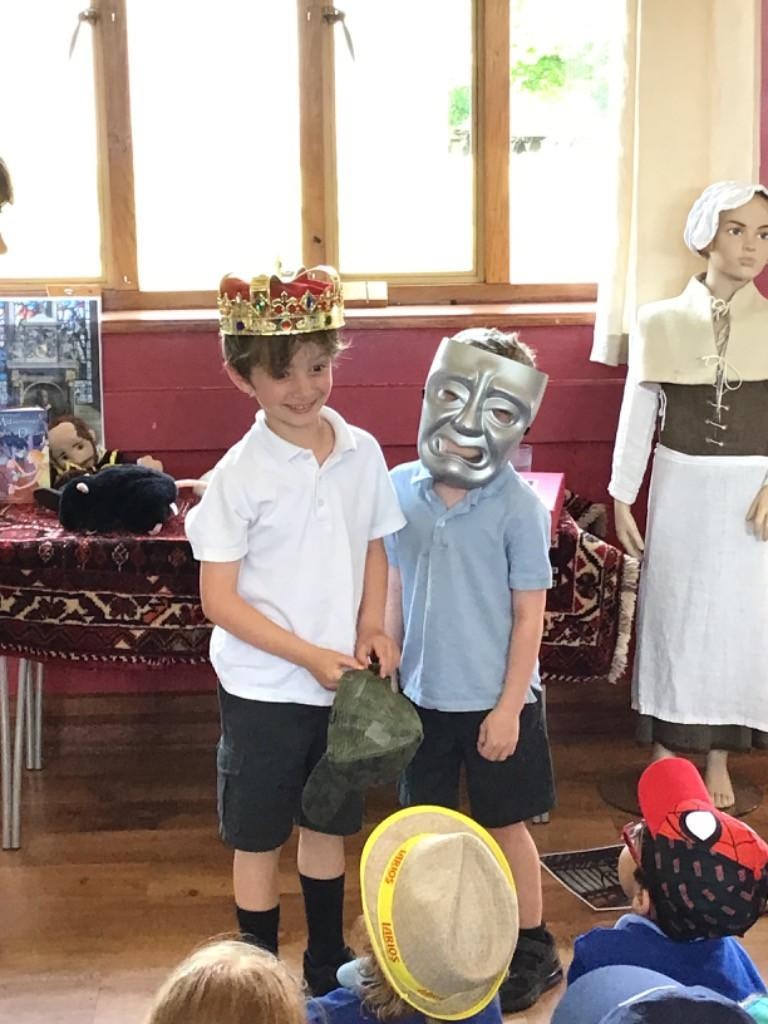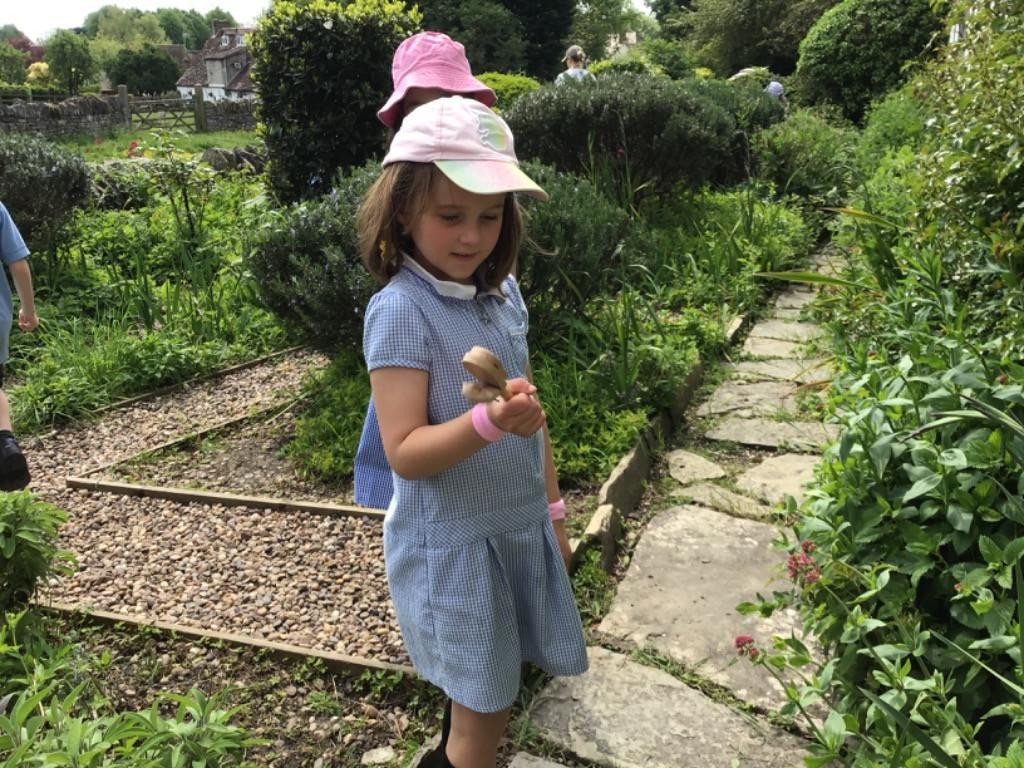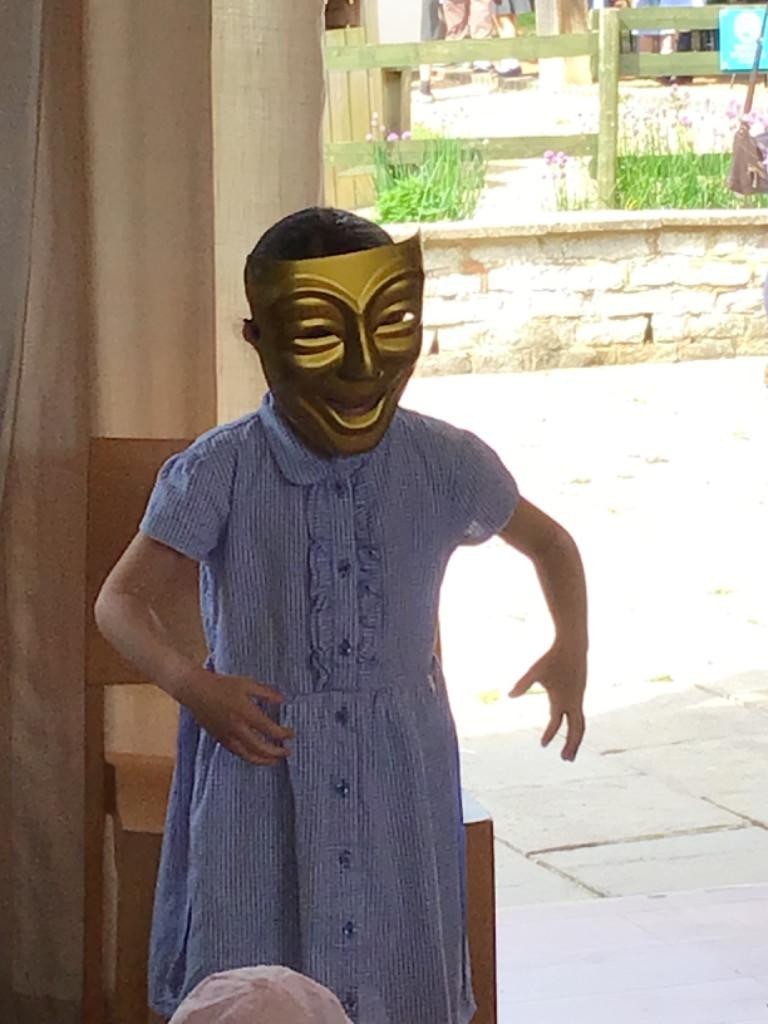This website uses Google Translate
You cannot use this feature without first accepting 3rd Party Cookies.
This website uses Google Translate
You cannot use this feature without first accepting 3rd Party Cookies.
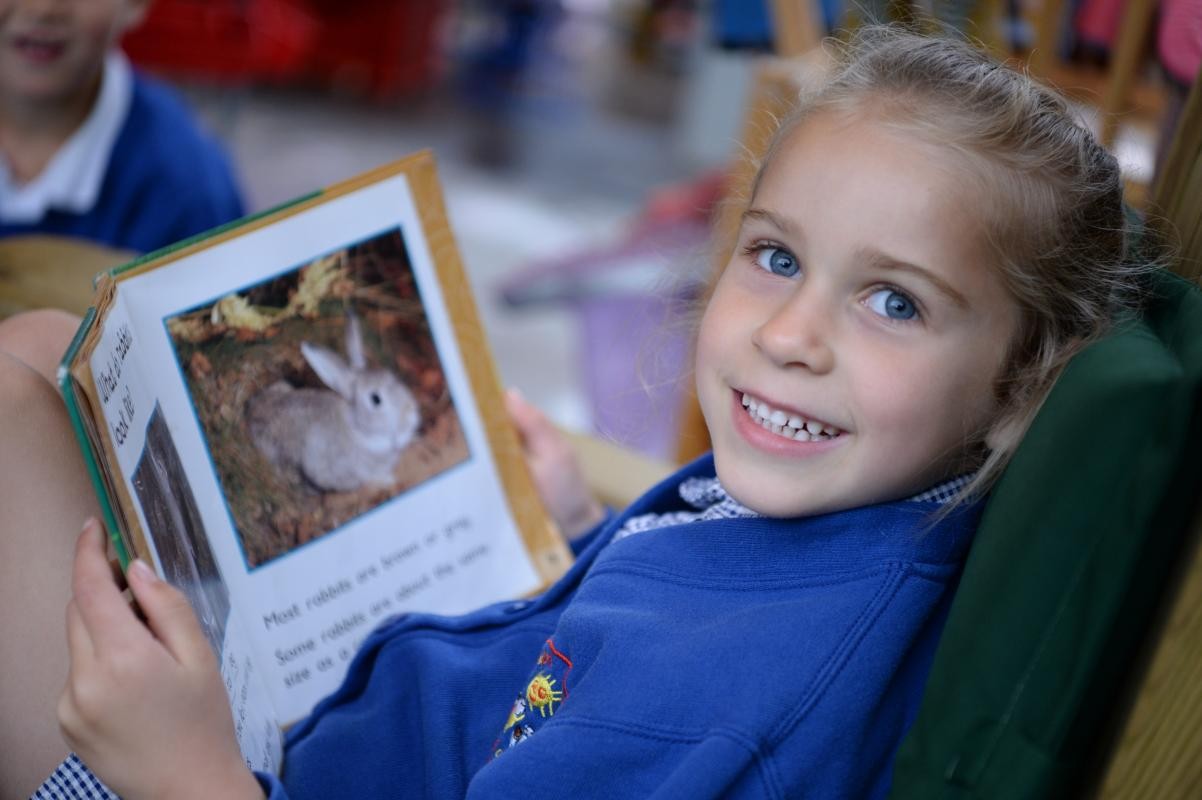
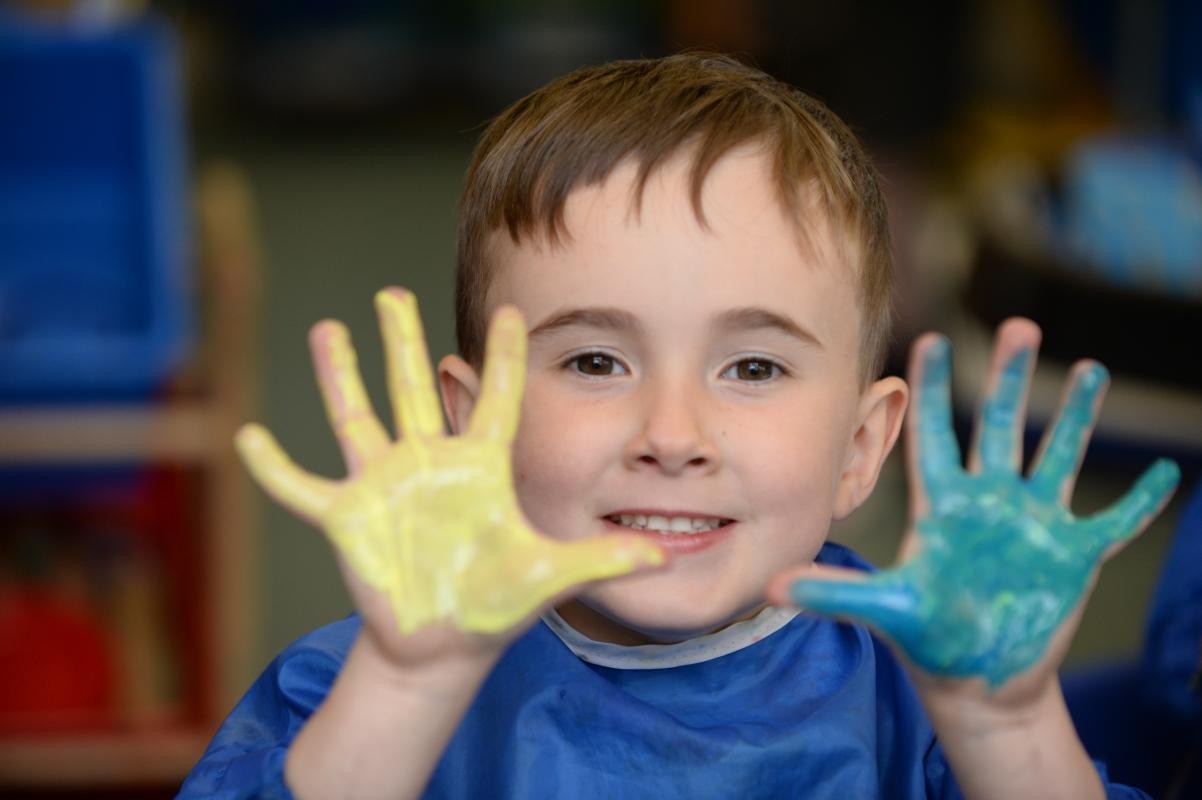
You cannot use this feature without first accepting 3rd Party Cookies.
You cannot use this feature without first accepting 3rd Party Cookies.
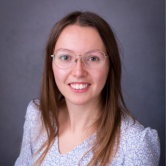
History is a fascinating and engaging subject full of opportunities for children to develop their sense of identity, acquire lifelong skills and enjoy discovering information. We know it is important for children to understand their own past, their family history and the past of the local area which provides the basis for studying national and international history. Through studying history children develop key life skills such as questioning sources of information, having empathy for others with different life experiences and confidently sharing ideas. The past impacts all of our daily lives, the experiences our children will have and how we live today. Through studying history children develop an appreciation of how we can learn from the past including recognising mistakes that have been made – both their own and by others - and we can use the past to understand how to avoid repeating these. Ultimately we want to spark a lifelong curiosity in history!
The teaching of history is ongoing through the school year with all year groups commemorating important historical events such as Armistice day through a Remembrance Day assembly and the 60th anniversary of the school opening. We also make sure to mark key events in children’s lives including birthdays, starting school and moving year groups.
In Reception history is taught in discrete lessons linked to the topic, particularly through stories and according the needs to the cohort and class. The focus is on building a recognition of each child's past and making sense of their own and their family's past. For example discussing what a child did at the weekend and comparing what they could do as a baby and as a child.
In Key Stage 1 the children have history focused topics and discrete history lessons in addition to linking their history learning across the curriculum. Children use a range of sources to be ‘history detectives’ and find out information for themselves and then present their knowledge in a variety of ways including drawing, writing, and labelling images.
Throughout the school the children are required to think about the chronological order of events. They study key individuals, how the the individual contributed to their own time and have impacted our lives today. When possible we take the children on trips in the local area including to Mary Ardern’s farm and St John's museum. These trips give the children a chance to put their learning into context and gain a sense of familiarity for the places and environments the people they studied would have been to.
Through their journey at Telford Infant school the children will start to develop their historical appreciation by thinking about their own lives and historical events that are commonly celebrated. This focus ensures the children can cultivate a clear understanding of the past and the present. As they move through the school children explore their family history and the history of the local area enabling them to develop their historical skills before moving onto more unfamiliar topics. Topics focus on key historical events and individuals such as The Moon Landing, Shakespeare, The Great Fire of London, The Victorians and Beatrix Potter.
